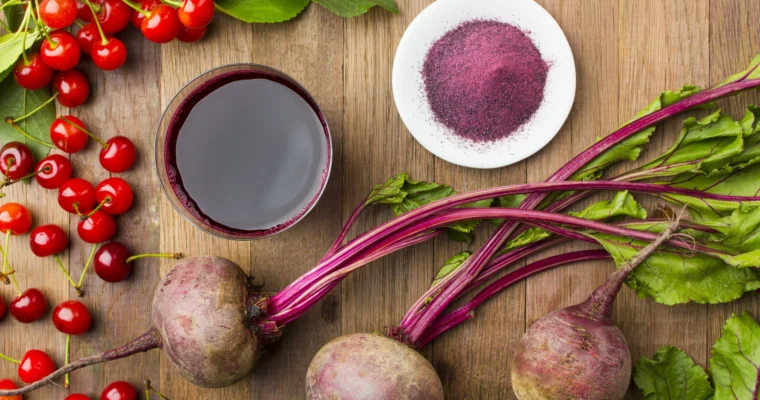COCOA HX: THE DELICIOUS SUPERFOOD
By: Allie Might, FMC, INHC, ATT
When it comes to enjoying something indulgent and decadent, the first thing that comes to mind for most people is CHOCOLATE. It’s comforting as it takes us back to our childhood and brings back all kinds of warm and happy memories. It can also make us feel rich and fancy as it pairs well with so many things, whether it’s in a dessert or as a drink. However, it’s also believed to be healthy and good for us too. How is this possible? Let’s explore everyone’s favorite superfood and find out.
Chocolate, or cocoa, has been around and used by many cultures for centuries. Cocoa is grown in warm climates, typically close to the equator. The beans are extracted from the pods and go through a drying process before they are ready to be ground down into the more familiar form we all know and love. From here, we can nibble on the bitter nibs which have the texture of coffee beans, or can be ground to a powder to be scooped into a drink or recipe or made into the all familiar chocolate bar.
Navigating which cocoa can offer health benefits can be tricky as there are so many types of chocolate varieties available. We see unsweetened, milk, dark, extra dark, and often with the percentage of cocoa on the label….like 72% cocoa. Some may provide health benefits, while others are strictly for taste.
NIBS: These are ground, dried cocoa beans that are extremely bitter. They can be adding to smoothies are you can nobble on them, but the bitterness makes them not very tasty. They thought to be the purest form to consume and believed to be rich in antioxidants and may even have some anti-inflammatory properties.
DARK CHOCOLATE: This is chocolate that usually contains 50%-90%, sometimes even a little higher, of cocoa. This has minimal added sugar while still tasting good. According to the Cleveland Clinic, this type of cocoa can have a wide range of health benefits. It’s shown to be helpful for a healthy heart, blood pressure, protects the skin and is a good source of fiber.
MILK CHOCOLATE/CHOCOLATE MILK: This is most common in commercial bars or in the popular chocolate milk drink. While this still contains cocoa, it is also high in milk/dairy and sugar. This can aggravate those with certain health issues, such as lactose intolerance. According to a study titled “Chocolate Milk Consequences: A Pilot Study Evaluating the Consequences of Banning Chocolate Milk in School Cafeterias” from The National Library of Medicine National Center for Biotechnology Information, the high sugar content can also be a contributing factor to obesity, especially in school aged children. My Advice: avoid this type of overly processed cocoa at all costs.
COCOA HX is an easy, delicious and nutritious way to incorporate cocoa into a healthy daily diet. This supplies 4000mg of cocoa bean powder with natural sweeteners such as stevia and fruit extracts. It can easily be added to water, smoothies, recipes, plain yogurt or even almond milk for a healthy daily treat. What an indulgent way to get this centuries old superfood and get all the health benefits it offers without feeling guilty!
www.icco.org/growing-cocoa/
www.masterclass.com/articles/cacao-guide#KmmtqrcT5NyfUe47T3Hf4
www.webmd.com/diet/health-benefits-cacao-nibs
www.health.clevelandclinic.org/dark-chocolate-health-benefits
www.ncbi.nlm.nih.gov/pmc/articles/PMC8470865/
www.drweil.com/diet-nutrition/nutrition/is-chocolate-milk-a-healthy-drink/
www.ncbi.nlm.nih.gov/pmc/articles/PMC3989166/








